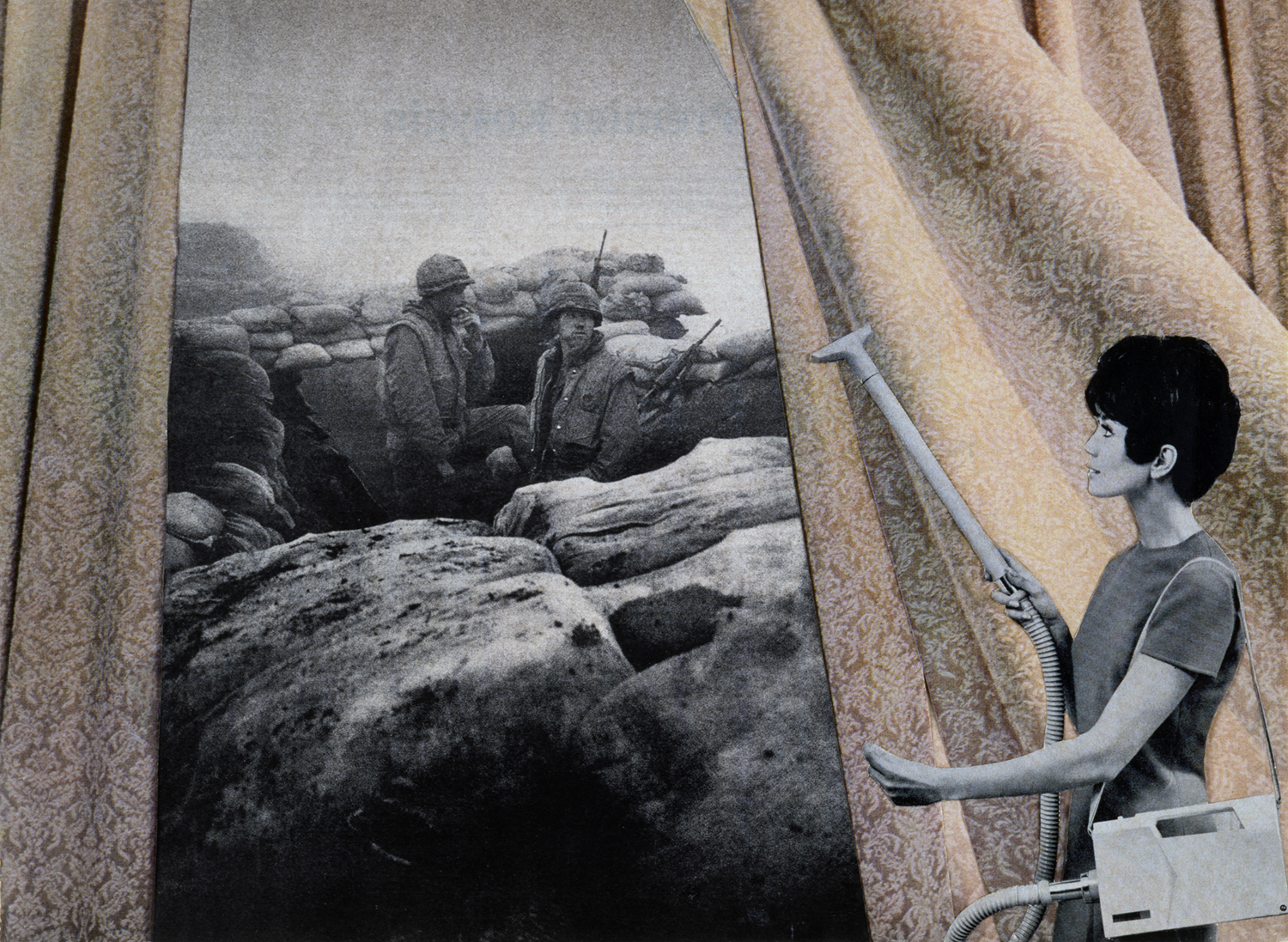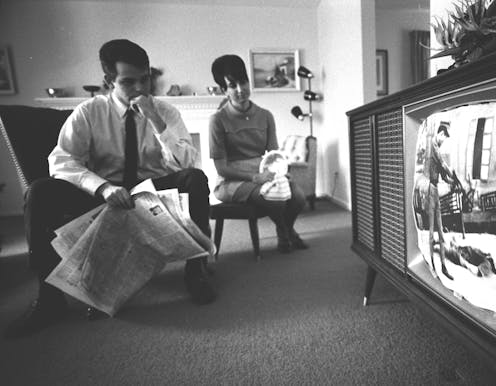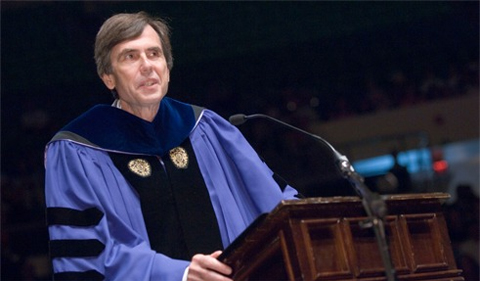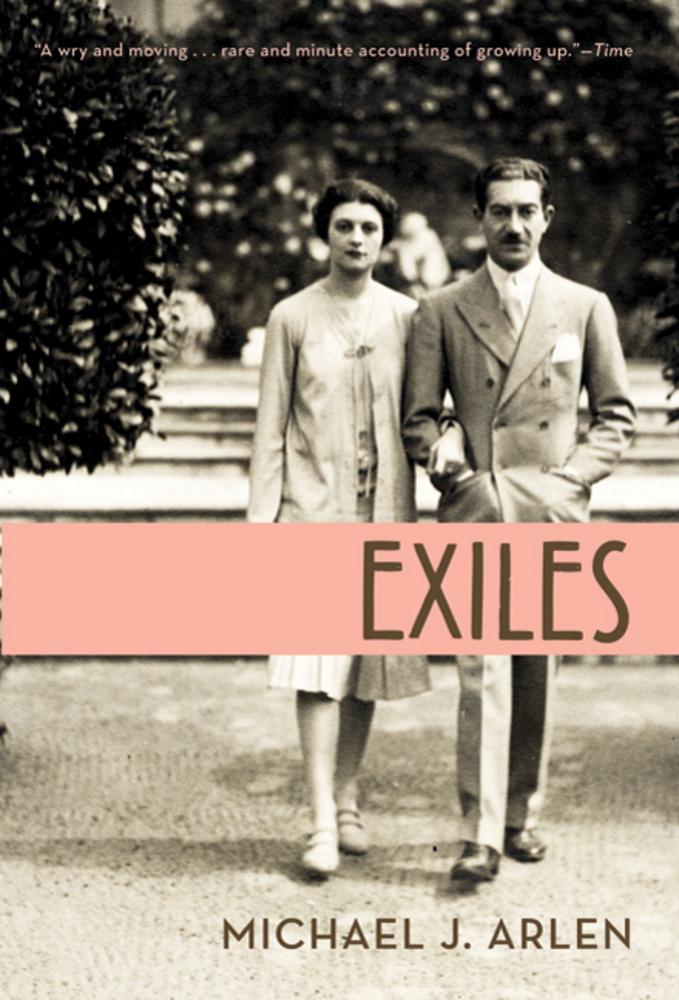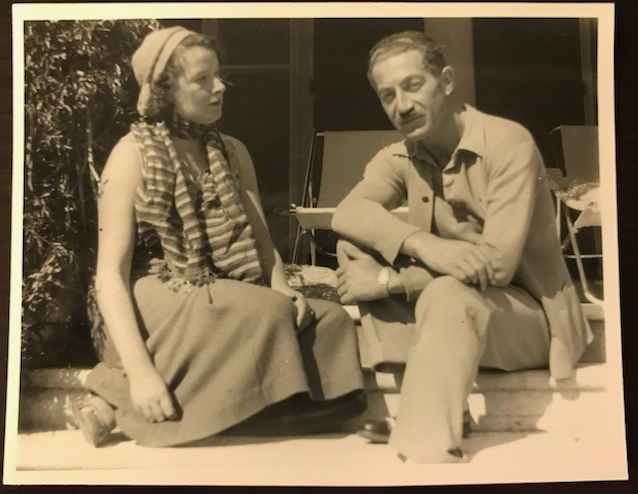It s about us the people how we are being shown and seen on that much bruited idiot box to which our children devote more time than anything else except sleep.
The living room war michael arlen.
May 30 2017.
Living room war is arlen s valiant and entertaining attempt to figure out exactly what exactly television does to us.
He is the author of exiles and the critically acclaimed passage to ararat both of which are autobiographical narratives of arlen s armenian ancestry.
His first book was living room war a collection of his television pieces centered on the vietnam war.
Lyndon johnson s living room war.
Living room war is arlen s valiant and entertaining attempt to figure out exactly what exactly television does to us.
Living room war is arlen s valiant and entertaining attempt to figure out exactly what television does to us.
This timeless collection of essays provides a poetic look at 1960s television culture ranging from the vietnam war to captain kangaroo from the 1968 democratic convention to televised sports.
Vietnam was the first war in which as arlen put it the goyaesque images of war were thrust into the family room the den the lives of the average american each and every day.
Arlen worked as a reporter on life for five years from 1952 to 1957 before joining the staff of the new yorker in 1957 where he remained until 1990.
He is also the author of living room war a book on the vietnam war s portrayal and the s the son of the prominent anglo armenian writer michael arlen.
This timeless collection of essays provides a poetic look at 1960s television culture ranging from the vietnam war to captain kangaroo from the 1968 democratic convention to televised sports.
Arlen praised much.
Michael arlen popularized the term living room war while writing for the new yorker during the 1960s.
This timeless collection of essays provides a poetic look at 1960s television culture ranging from the vietnam war to captain kangaroo from the 1968 democratic convention to televised sports.
The leaderthis timeless collection of essays by the tv critic of the new yorker provides a poetic look at 1960s.
That is going to be around a mite longer than anything now on television.
